In a world of fast fashion, where fast fashion is a norm, it is rare to find a clothing label with the words "made in France". This does not mean that it does not exist. Local French companies are born every day, and some French brands are well established creating local collections for several decades.
One example is the beautifully crafted and highly sought after Saint James sweaters. In business since 1889, it is now run by Patrice Guinebault and Luc Lesénécal, former assistant general manager of the Isigny-Sainte-Mère dairy cooperative.
"Our customers come first to look for the quality of a product, but also a story. The company must be rooted in its terroir and its history. They want to know where the product is made, how and by whom, under what conditions, with what ethics..."
"Everything is based on human know-how; hence the importance given to our employees. In the coming years, we will hire up to 30 employees per year," confides Luc Lesénécal.
At Valet de pique we are convinced of the Made in France and even more of "consuming less but better". We are always looking to improve the quality of our products so that they last over time.
Today we have selected the best brands "made in France" which defend quality, know-how, and which, like Saint James and Valet de pique advocate the quality of the product, as well as its history. These companies are rooted in a land and in a history.
The actors of Made in France
Here is a small selection:
John Lobb
From the outset, the company has specialized in the manufacture of footwear (all shoes, boots, gaiters & boots), belts and custom-made shoe trees.
The company's rare know-how is particularly focused on the manufacture of handmade and custom-made boots and shoes.
Agnelle
Since 1937, located in the historic center of French glove-making in Saint-Junien.
The "Agnelle" workshop satisfies the great haute-couture houses such as Dior or Jean-Paul Gaultier and fashion designers with its leather glove models. Each glove is handcrafted and requires more than five hours of meticulous work.
The skins are specially tanned and then undergo specific stretching and preparation work. The glove is drawn with chalk on the leather, using a cardboard template. Then, the skins are cut and assembled according to the grain of the leather by stitchers who sew the pieces of the glove by hand or by machine. The finishing, lining and shaping work completes this meticulous work.
Each year, the workshop creates a new collection that adapts to fashion trends. Its creations are then distributed throughout the world by a large network of leather goods retailers.
The Real Cherbourg
The brand is playing on the aura left by the Cannes Film Festival award-winning film The Umbrellas of Cherbourg, starring Catherine Deneuve. However, the brand was only created in 1986, 23 years after the release of the film.
Jean-Pierre Yvon, the founder, is a photographer by trade. After traveling the world, he returned to his native region, the Cotentin, with the desire to promote the French know-how of handmade umbrellas.
Since 2018, his son Charles has taken over the reins of the brand with the desire to deploy Le Véritable Cherbourg abroad.
The umbrellas are jewels of elegance and strength. The ParaPactum model, for which a patent has been filed, is the umbrella for the protection of public figures. It has been designed and tested in a wind tunnel to withstand the elements and shocks.
Repetto
Before being the world famous brand, Repetto was the name of the mother of dancer Roland Petit. Her name was Rose Repetto.
At the request of her son, Rose made him ballet shoes in her workshop located near the Paris Opera. Three years later, in 1952, the Repetto workshop became one of the suppliers for the dancers at the Opera.
Then in 1956, it is the consecration when Brigitte Bardot asks him a pair of ballerinas. Rose will dedicate to her the ballerinas "Cinderella", made famous in the film "Et dieu créa la femme". In the 70s, Gainsbourg is also in love with a model of Rose Repetto, the "zizi", initially designed for his daughter-in-law, the dancer Renee Marcelle Jeanmaire, known as "Zizi Jeanmaire.
The brand was taken over in 1999 by Jean-Marc Gaucher, who after many failures, will restore the Repetto brand to its full glory.
A little bonus that is not in the fashion business:
La Forge de Laguiole
It was in Laguiole, on the Aubrac plateau, at the beginning of the 19th century, that the famous knife was born. The Forge de Laguiole company was created to revive the Laguiole knife in its original territory.
The label "Entreprise du Patrimoine Vivant" (Living Heritage Company) awarded in 2007 by the Ministry of Economy, Industry and Employment makes it a real reference. They make their knives in Laguiole and forge their blades there at over 1000°C.
Each knife requires several hours, even several days of manufacturing. Many successive stages are necessary to its realization. Each model is assembled, adjusted and shaped by hand. The object is meticulously made from start to finish by craftsmen with admirable know-how. They become the equivalent of goldsmiths and jewelers when they have to carve, polish, temper, guillotine, stamp and rivet. All these practices and smells are constantly reproduced to give birth to the Laguiole knife.
Valet de pique
Valet de pique is a brand of leather goods "made in France". Authentic, local and sustainable, which designs simple, elegant and customizable pieces.
More information here
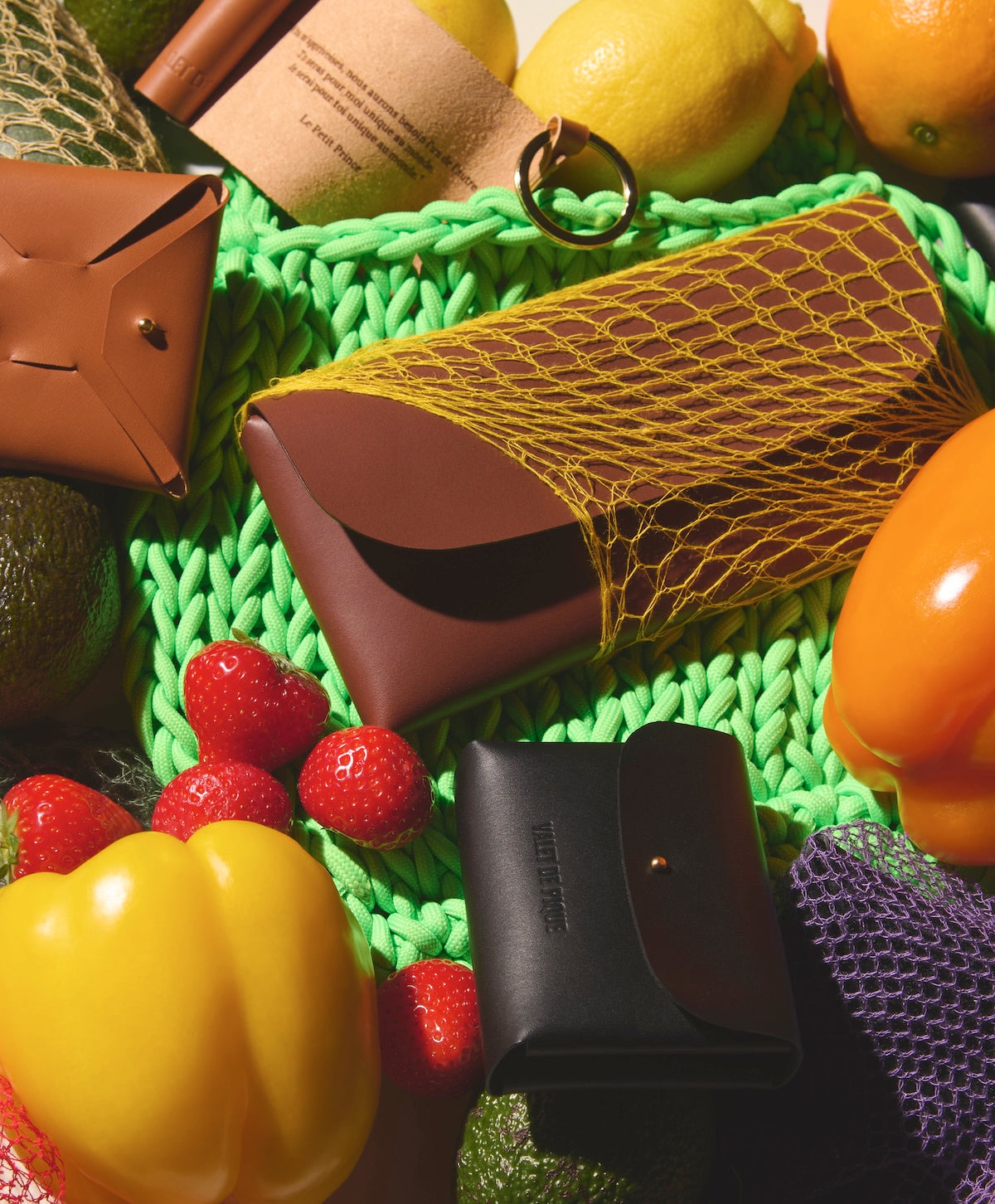
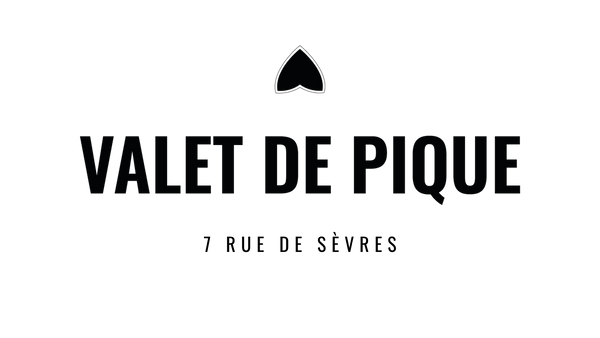



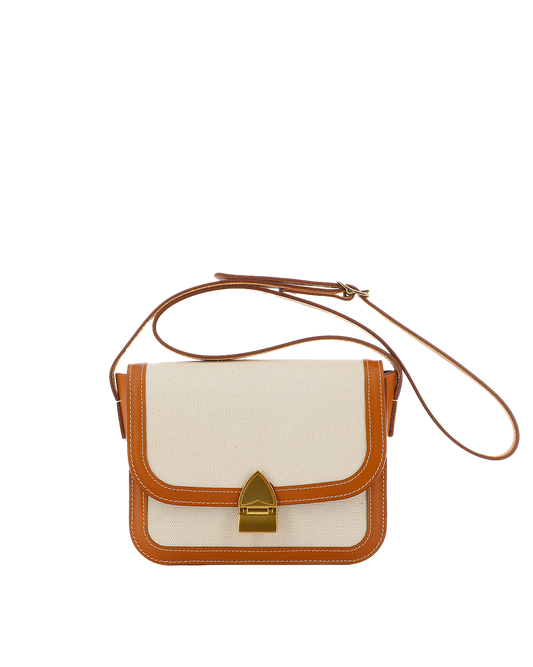
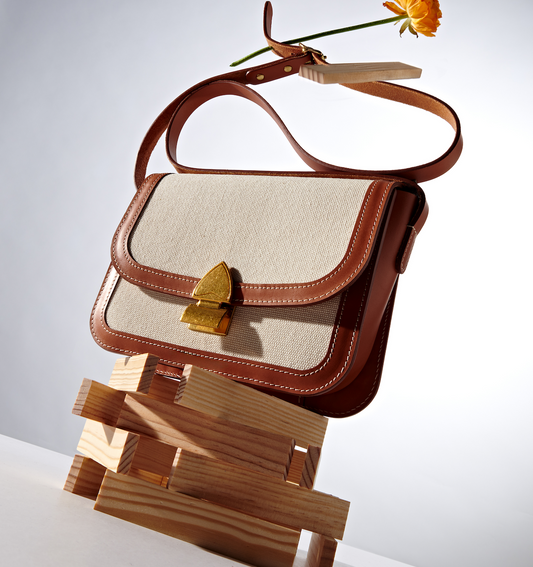
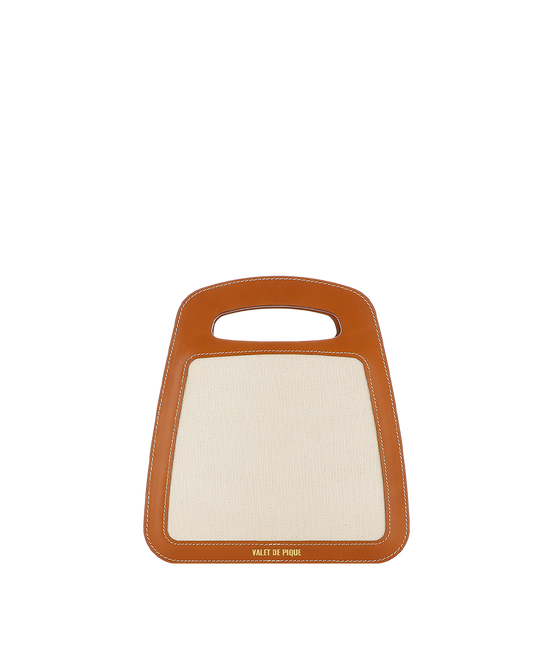
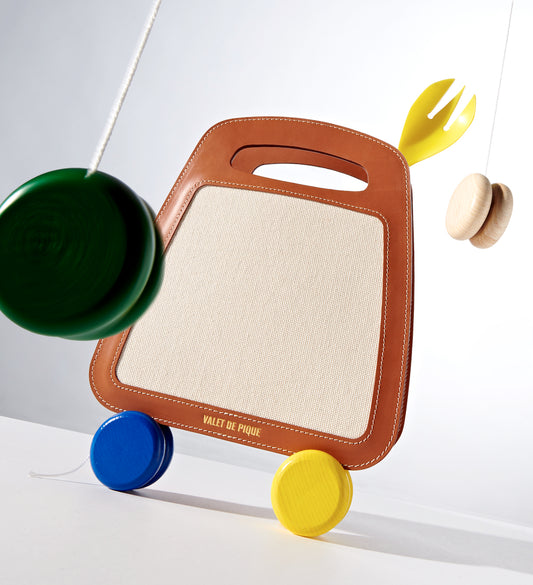
















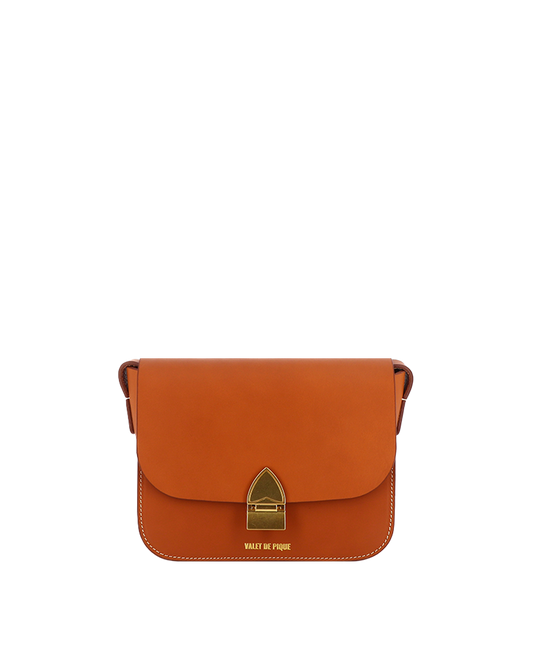
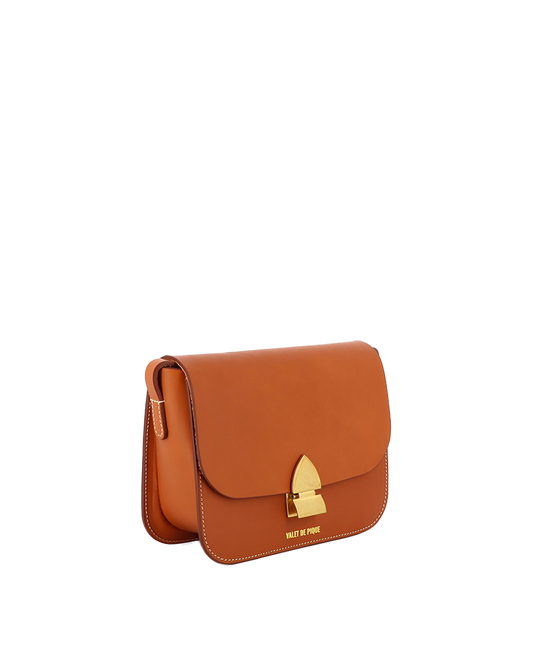


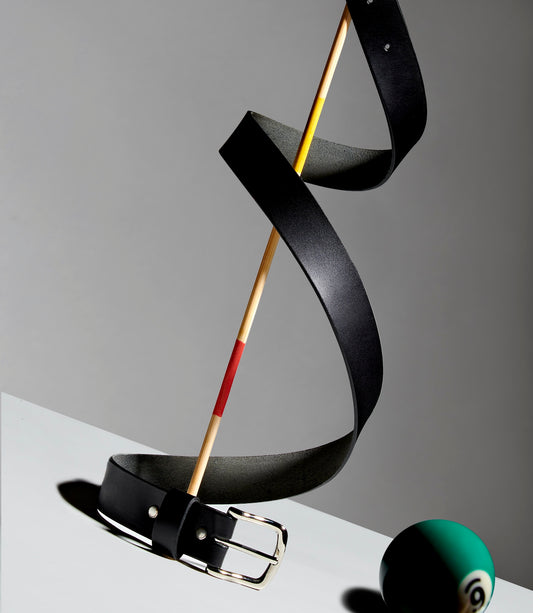

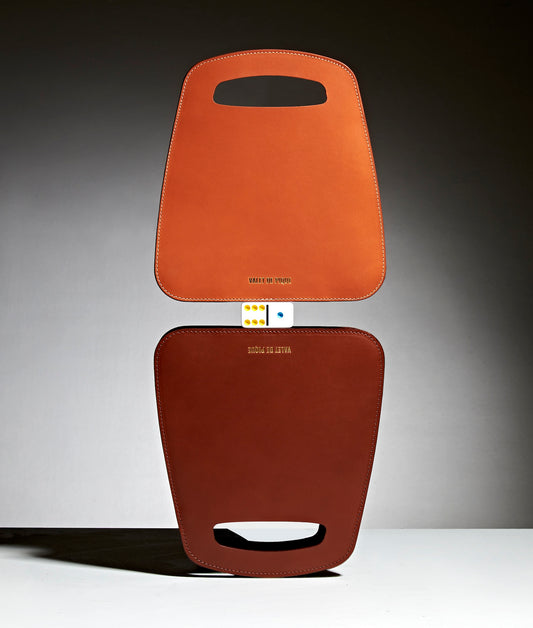
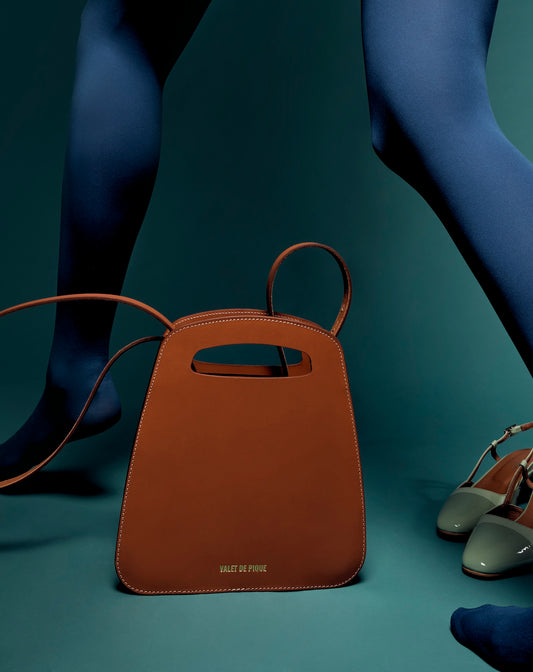
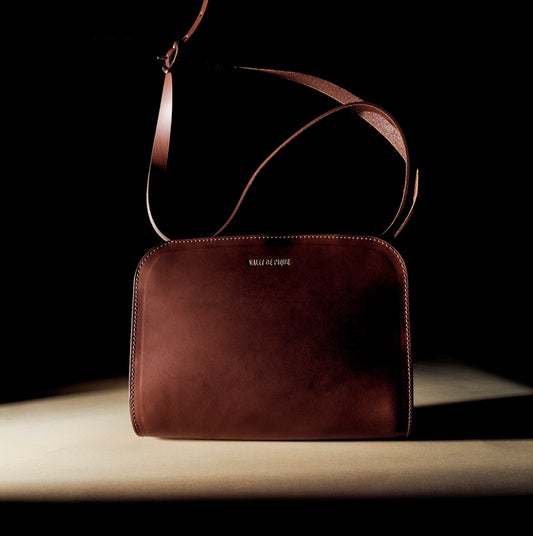
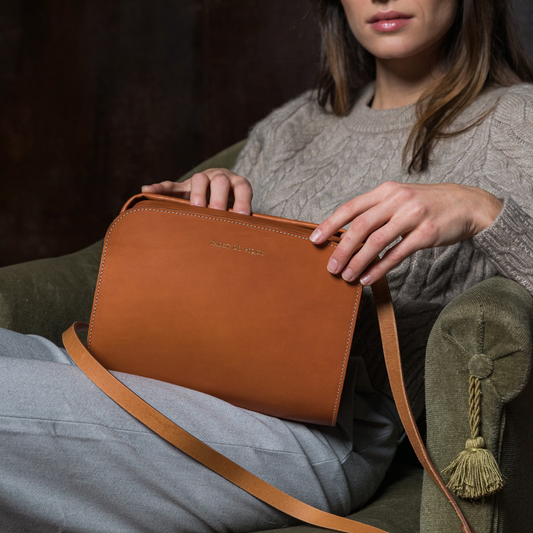
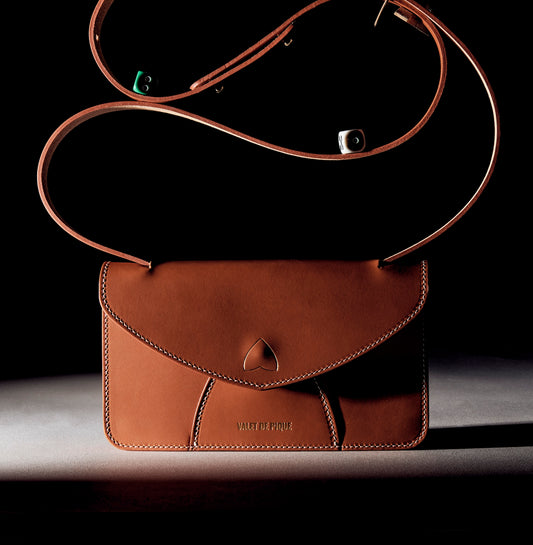

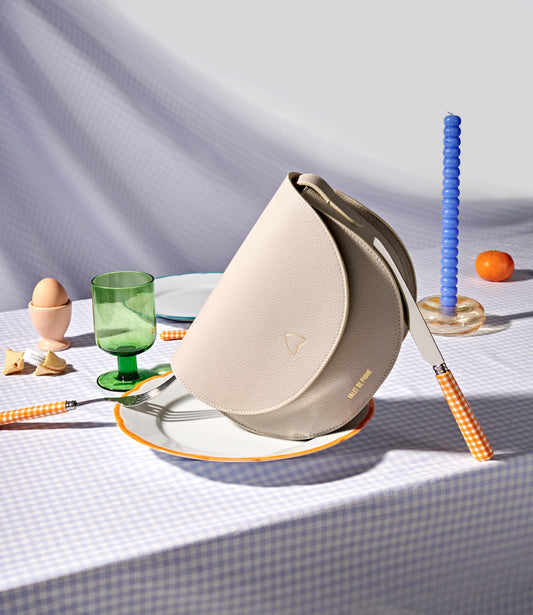
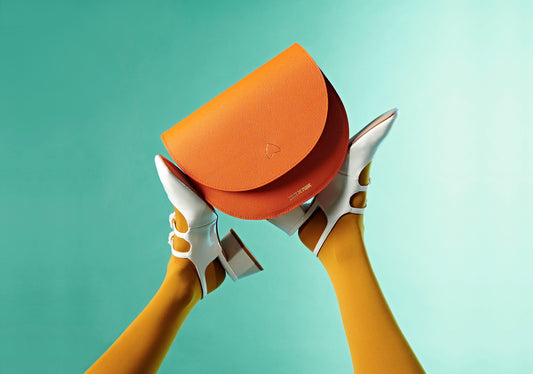
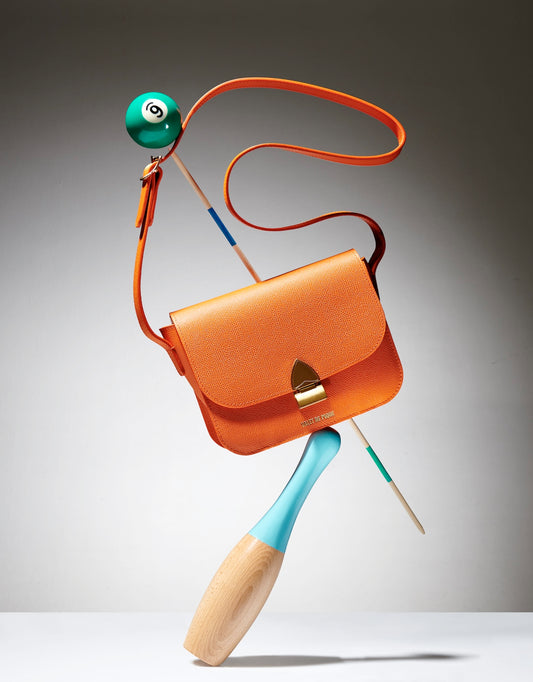
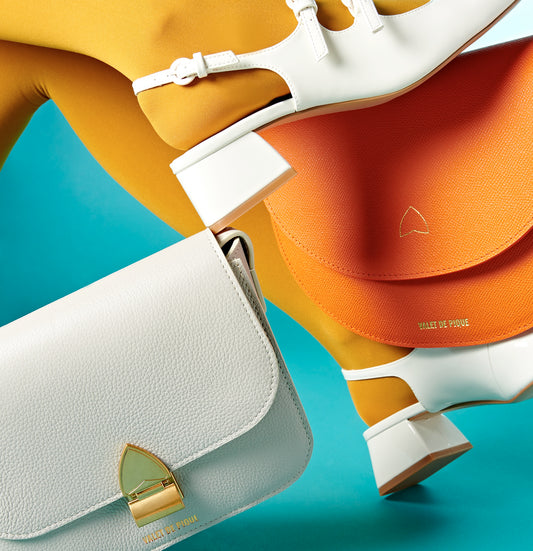
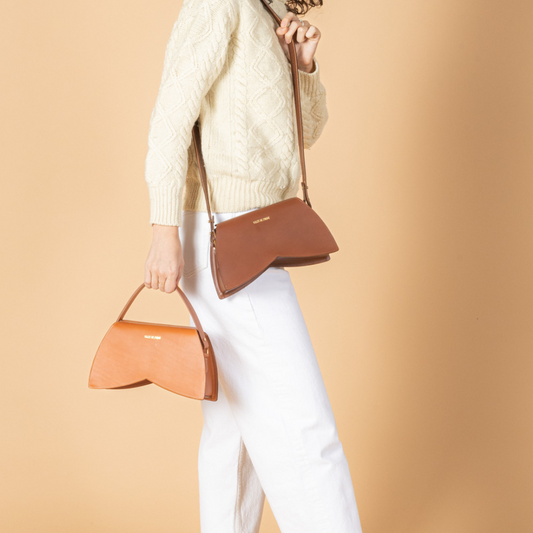
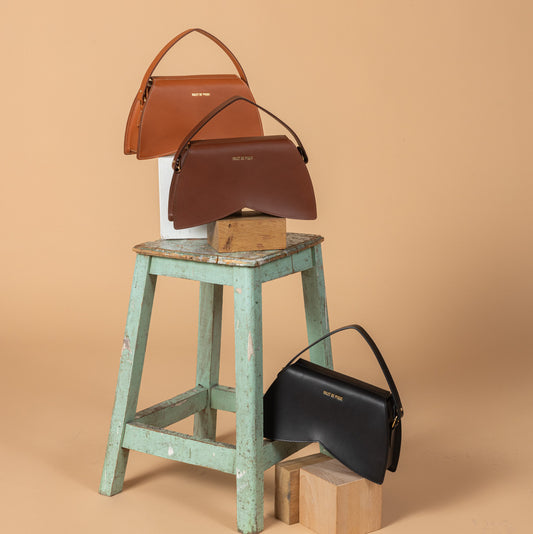
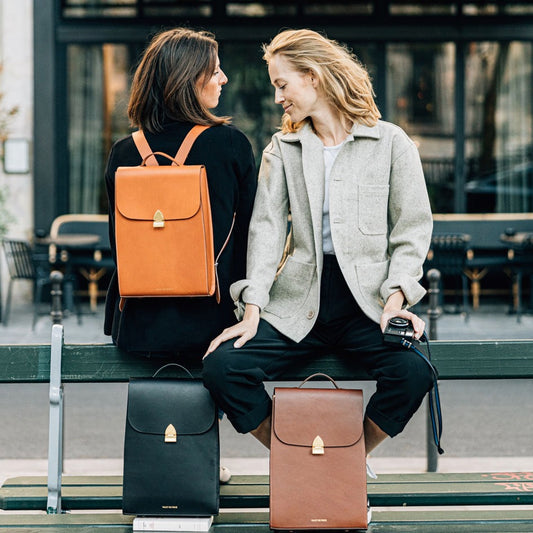

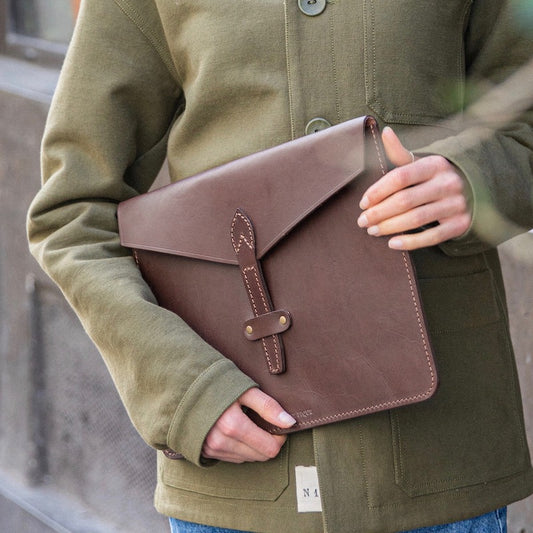





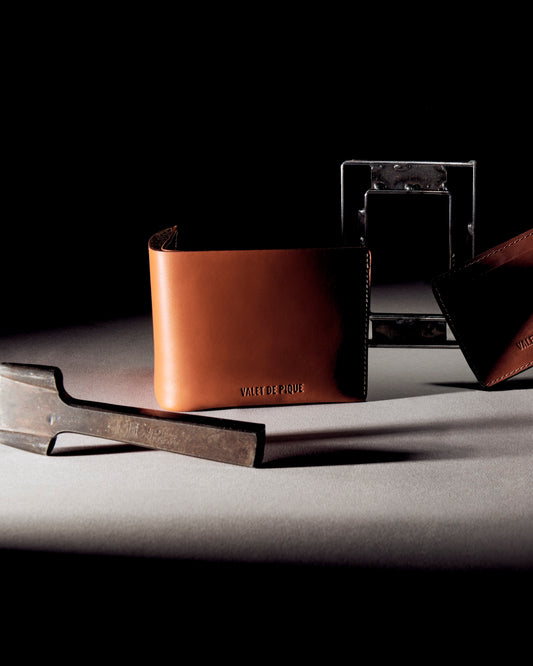





1 comment
J’attends avec impatience mon cartable , les commentaires sont si élogieux que je n’ai aucun doute la qualité..
mais en plus de tout cela , il est répondu très vite à vos questions, interrogations ;
Cela change de nombreuses entreprises…